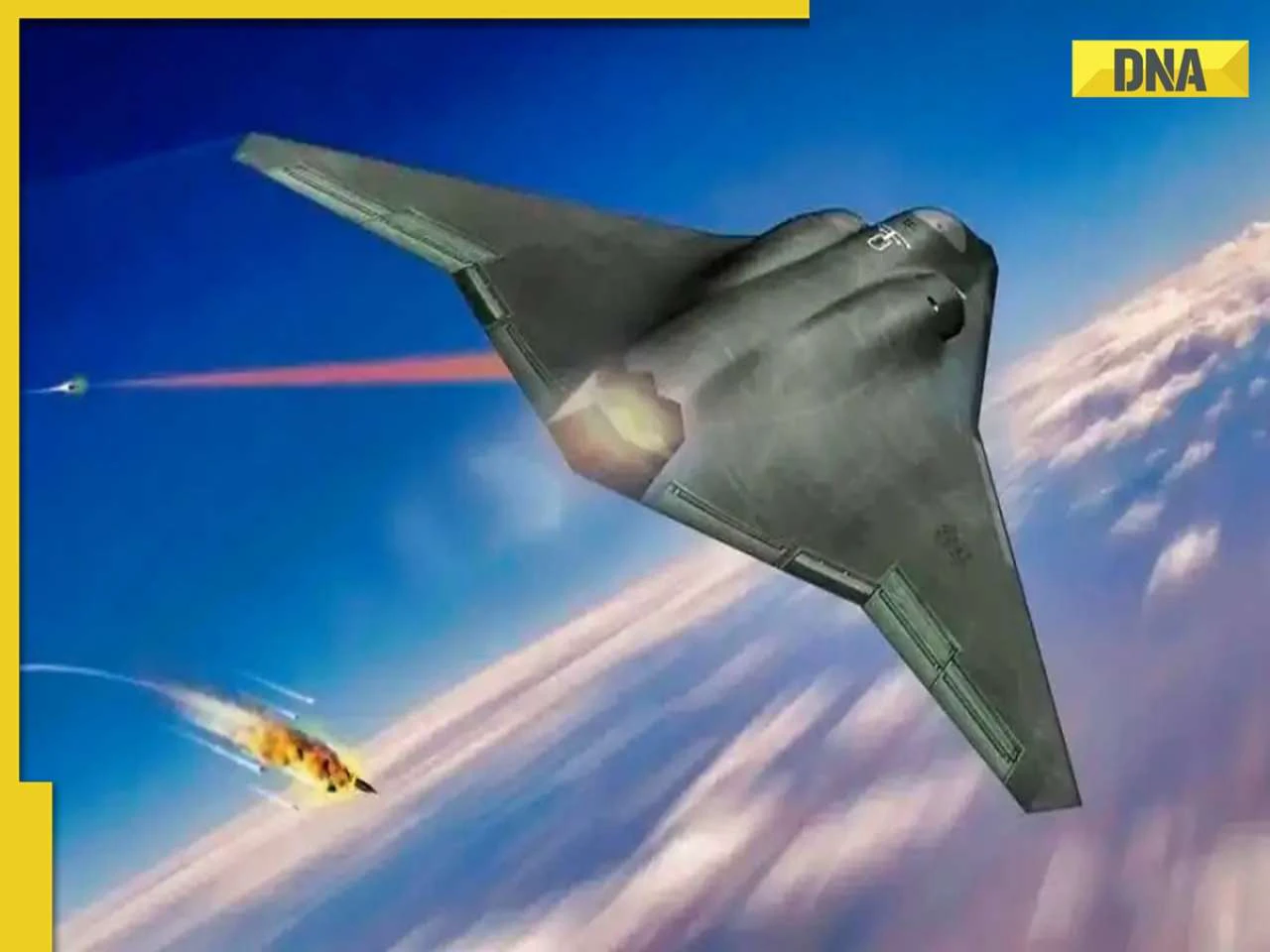The United States Air Force has officially entered a new era of air power with the announcement of its next-generation fighter jet – the Boeing F-47. In March 2025, Boeing won the contract under the Next Generation Air Dominance (NGAD) program, signaling a major shift in America’s aerial combat strategy.
For years, Lockheed Martin dominated the skies with the F-22 Raptor and F-35 Lightning II. But this new deal, the largest in decades, puts Boeing in the lead for the future of US air dominance.
A new breed of warplane
Unlike upgraded legacy aircraft like the F-15EX, the F-47 is an entirely new creation. It’s Boeing’s first clean-sheet fighter design, built from scratch using advanced technologies from previous projects like the X-32 prototype and the MQ-28 Ghost Bat drone.
While official images are still classified, leaked concept art suggests the F-47 has a tailless, sleek design with a blended wing body and stealth-focused features. It also has a flat engine layout to reduce heat signatures, similar to unmanned stealth drones.
The F-47 is expected to fly faster than Mach 2 and cover over 1,000 nautical miles, making it one of the fastest and longest-range fighters ever made. Its adaptive engines, built by Pratt & Whitney and GE, will allow it to switch between fuel-efficient cruising and powerful combat thrust.
But it won’t fly solo – the F-47 is designed to lead a ‘family of systems,’ including unmanned drones that can carry weapons, gather intelligence, or jam enemy radar. Artificial Intelligence will assist pilots by identifying targets and threats in real-time.
This fighter jet is more than just a combat aircraft – it will be part of a future combat network, sharing data across land, sea, and space platforms.
What lies ahead
The F-47 is expected to replace the F-22 Raptor and possibly support future naval fighters. Flight tests reportedly began secretly in 2020. With full-scale production expected by 2030, the F-47 could soon become the backbone of US air dominance.
